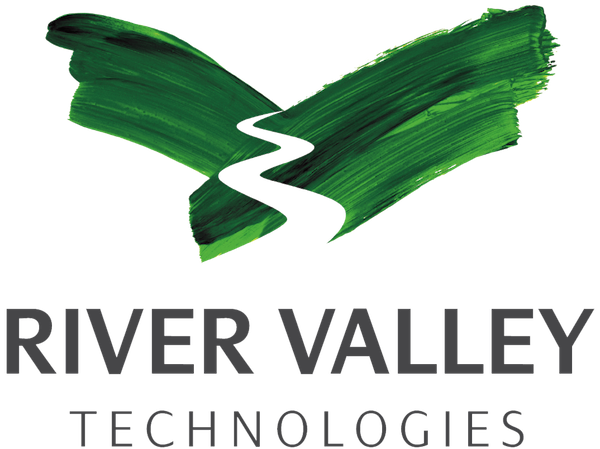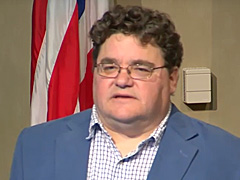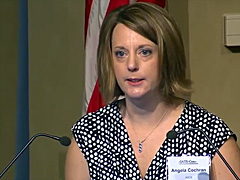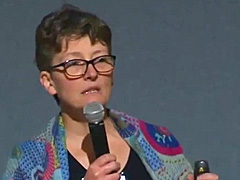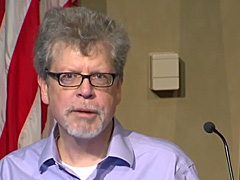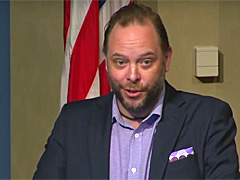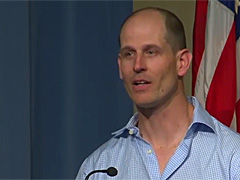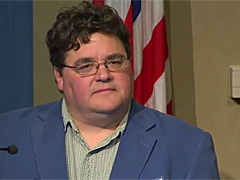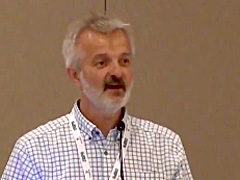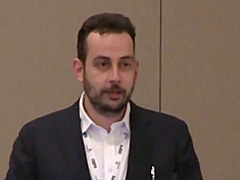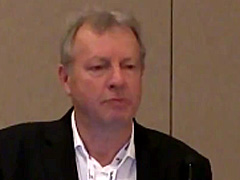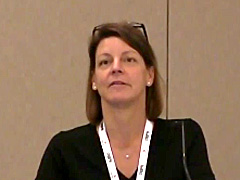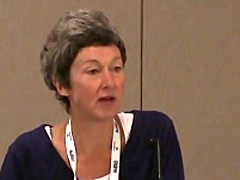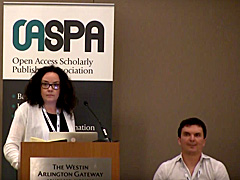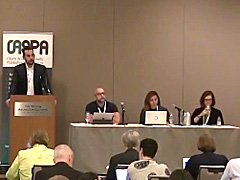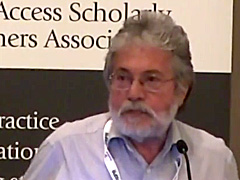The next generation of web APIs will require that you serve your site over HTTPS. But HTTPS sux. It’s slow, costly, and requires constant attention. This talk will explain how these shortcomings are each legitimate in their way and share some of the upcoming changes that will end most of the gripes people have with HTTPS.
React is a new and fun tool that allows developers to more easily create and maintain view layer code. As many of you have seen, it has caught on like wildfire in the last year. It can be very performant too but there are some specific areas that you’ll want to pay attention. We’ll talk about:
• At a high level, what is React and why you want it
• What are some specific things to pay attention to for performance when writing React
• Some general web performance tips such as resource hinting
Horia’s talk tells the story of building messenger.com at Facebook. Horia will give us a glimpse into how frontend gets shipped at Facebook, and how it worked both for and against the developers tasked with working on the secondary domain:messenger.com.
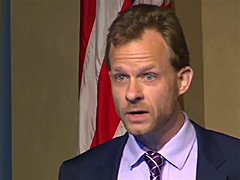
|
|
||||||
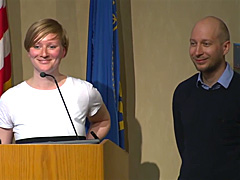
|
|
||||||
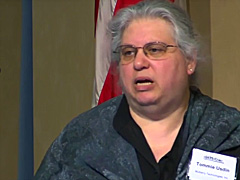
|
|
||||||
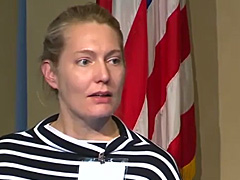
|
|
||||||
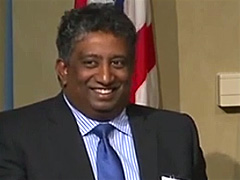
|
|
||||||
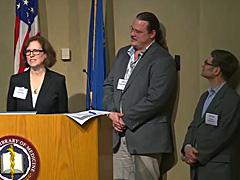
|
|
||||||
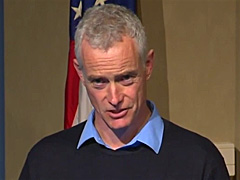
|
|
||||||
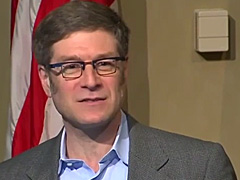
|
|
||||||
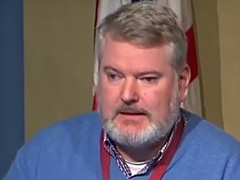
|
|
||||||
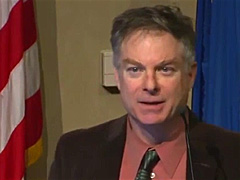
|
|
||||||
Jeanette Mladenovic Executive Vice President and Provost, Oregon Health & Science University
Cameron Neylon http://cameronneylon.net/, @CameronNeylon
Melissa Haendel Associate Professor, Oregon Health & Science University
Co-chairs: Bruno Paschoal and Mercè Crosas
Steven Pinker Department of Psychology, Harvard University
Cesar A. Hidalgo Associate Professor, The MIT Media Lab, MIT
Christie Nicholson Alan Alda Center for Communicating Science
Co-chairs: Stacy Konkiel and Robin Champieux
Holly Bik Center for Genomics & Systems Biology at New York University
Co-Chairs: Steve Van Tuyl and Robert McDonald
Maria Bonn Editor Journal of Electronic Publishing, Sr Lecturer University of Illinois
Varsha Kodiyar Data Curation Editor, Scientific Data , Nature Publishing Group
John Brownstein Chief Innovation Officer, Boston Children’s Hospital, Professor at Harvard Medical School, Co-Creator, HealthMap
Co-chairs: Catherine Brownstein and Rose Relevo
Melissa Haendel Oregon Health & Science University
Erick Turner Oregon Health & Science University
John Brownstein, Bastian Greshake, Erick Turner, Melissa Haendel, and Robin Rice
Co-chairs: Rebecca Boyles and Danny Kingsley
Chair: Marguerite Avery
Neil Chue Hong Software Sustainability Institute – University of Edinburgh
Cassidy Sugimoto Associate Professor, School of Informatics and Computing, Indiana University Bloomington
Dominique Babini (Chair) CLACSO
Laura Foster Department of Gender Studies, Indiana University Maurer School of Law, USA
Dora Ann Lange Canhos Centro de Referência em Informação Ambiental, Campinas, Brazil
Juan Pablo Alperin Canadian Institute for Studies in Publishing and Public Knowledge Project, Simon Fraser University
Co-chairs: Robert McDonald and Damian Pattinson
Room/Location:
Bianca Kramer, Jeroen Bosman and Maryann Martone
Rebecca Kaye Data visualisation specialist, NumberTelling
Pawel Jancz Data developer specialist, NumberTelling
Ian Calvert Senior Data Scientist, Digital Science
Bianca Kramer & Jeroen Bosman
Cuna Ekmekcioglu Senior Research Data Officer, Library & University Collections, The University of Edinburgh
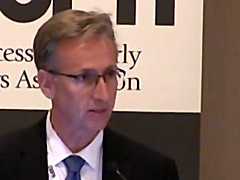
|
|
||||||
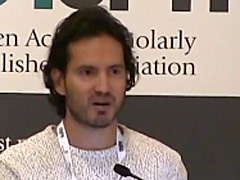
|
|
||||||
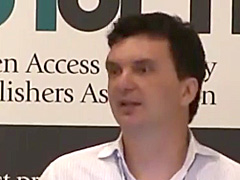
|
|
||||||
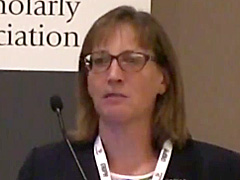
|
|
||||||
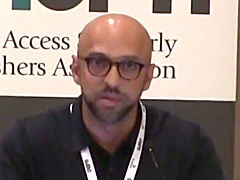
|
|
||||||
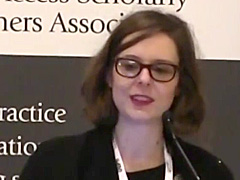
|
|
||||||
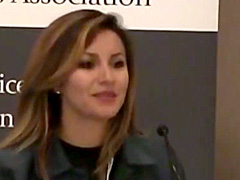
|
|
||||||
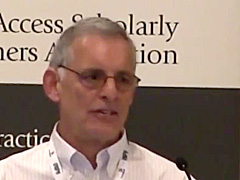
|
|
||||||
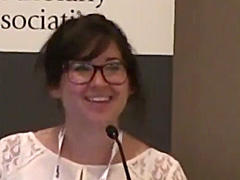
|
|
||||||

